For those looking to move to or live in Mexico, understanding the healthcare system is crucial. Whether you’re a temporary or permanent resident or planning a short trip, it’s essential to know your options for medical and dental care. Mexico offers a variety of healthcare services, ranging from public options like the to private hospitals and clinics. Each system has its pros and cons, especially for those with pre-existing conditions.
In this article, we’ll explore both public and private healthcare options, how pre-existing conditions are treated, and discuss the high-quality and affordable dental care services that are drawing increasing numbers of foreigners to Mexico.
Public Options
Mexico’s public healthcare system is available to both citizens and legal residents, including temporary and permanent resident card holders. Public healthcare is largely funded by the government and offers affordable services, though there can be differences in the quality and availability of care depending on your location.
Mexico offers a number of public healthcare programs, including Instituto Mexicano del Seguro Social (IMSS), IMSS-Bienestar, Instituto de Seguridad y Servicios Sociales de los Trabajadores del Estado (ISSSTE), and Instituto de Seguridad Social para las Fuerzas Armadas Mexicanas (ISSFAM). However, for the overwhelming majority of foreigners with residency, only IMSS and IMSS-Bienestar are applicable. IMSS is Mexico’s primary social security healthcare system and is available to residents who enroll voluntarily. IMSS-Bienestar provides basic healthcare services to those without access to IMSS or private insurance. Meanwhile, ISSSTE is specifically for government employees and retirees, and ISSFAM is reserved for members of the military and their families.
Please note that due to recent legislation, some of the information below is in the process of being updated and may not be yet reflected on the IMSS’ website. For example, based on anecdotal reports, it appears that there will be a single set annual fee for foreigners with residency, irrespective of age. Additionally, having a pre-existing condition may no longer preclude you from enrolling and receiving coverage.
IMSS: This is Mexico’s largest and most well-known public healthcare provider. It covers a range of medical services, including preventive care, general medicine, surgeries, and specialized treatments. The healthcare system is funded by a combination of the federal government, employer and employee payroll taxes, and individual contributions where people voluntarily opt-in for coverage.
Availablity:
-
- Workers and their families covered through their employers.
- Foreigners, including those with temporary and permanent residency, can voluntarily opt-in and enroll by paying an annual cost. You can read more about the fee structure based on your age.
Benefits:
-
- Low cost: Enrolling in IMSS is significantly more affordable than private insurance, with the annual fee ranging from approximately $10,000 to $20,000 MXN depending on your age.
- Comprehensive care: IMSS covers most major medical needs, including general practitioner visits, specialist care, and emergency services.
Challenges:
-
- Wait times: One of the most common complaints about IMSS is the long wait times for appointments and procedures.
- Quality variability: The quality of care can vary, with larger cities generally offering better facilities than rural areas. However, the opposite can also hold true where facilities in more rural areas might be newer than those in urban areas. The quality of the facilities can vary greatly throughout the country.
- Facilities: You can only receive treatment and care at IMSS facilities
IMSS may deny your application and preclude you from coverage all together, if you have certain pre-existing conditions. In addition, there are some pre-existing condistions and procedures which have a waiting period, which may not be covered immediately upon enrollment. The waiting period can last up to 1 to 2 years for certain conditions. You can review the list of pre-existing conditions and procedures. For foreigners, understanding the terms of coverage and the wait times for pre-existing conditions is essential when enrolling.
IMSS-Bienestar: For residents without IMSS coverage, the IMSS-Bienestar program has replaced the now-defunct INSABI (formerly Seguro Popular). IMSS-Bienestar is dedicated to providing free healthcare services to individuals who lack social security coverage, ensuring access to essential medical care, medications, and medical supplies.
Benefits:
-
- Comprehensive free healthcare services: IMSS-Bienestar offers free medical consultations, medications, and treatments for a wide range of conditions, focusing on primary and secondary healthcare.
- Accessible to everyone without IMSS coverage: Residents, including foreigners with temporary or permanent residency, can access IMSS-Bienestar services without requiring formal insurance.
- No restrictions for pre-existing conditions: Unlike traditional IMSS enrollment, IMSS-Bienestar does not impose limitations on pre-existing conditions, ensuring broader access to care.
Challenges:
-
- Regional variation in access and quality: Like its predecessor, access to specialized treatments and advanced medical care can be limited in some regions. The quality of services often depends on local infrastructure and resources.
- Wait times for non-emergent care: Patients may experience long wait times for consultations and treatments, especially in highly populated or underserved areas.
- Coverage limitations for severe conditions: While IMSS-Bienestar provides free services for basic and intermediate care, coverage for severe or long-term conditions, such as cancer or major surgeries, may be limited. Patients might bear additional costs for such treatments.
Residents seeking care under IMSS-Bienestar should visit the nearest participating health center. Requirements may include, but not limited to, a valid form of identification (such as a passport and/or residency card) and aClave Única de Registro de Población (CURP). IMSS-Bienestar ensures that patients receive necessary care at primary health centers and are referred to higher-level facilities for specialized treatments if required.
Private Options
While public healthcare in Mexico is affordable, many foreigners opt for private healthcare for its higher quality and quicker access to services. Private hospitals and clinics offer a level of care that rivals that of the U.S., Canada or Europe, often at a fraction of the cost.
Private Health Insurance: Many foreigners purchase private health insurance to cover the costs of private healthcare services. Private insurance typically gives you access to a broader network of hospitals and clinics, shorter wait times and the ability to choose English-speaking doctors, if you’re not as proficient in Spanish.
Things to Consider:
-
- Private insurance can typically range from around $1,000 to $4,000 USD per year for individuals and families, depending on your age, coverage and any pre-existing conditions. However, the cost can range significantly based on a multitude of factors. It is best to obtain a quote either directly from an insurer or through an insurance broker for a more accurate estimate.
- Some of the most widely used medical insurance providers include, but not limited to, AXA, Allianz, MetLife, Plan Seguro, VUMI, GeoBlue and Bupa. There are many other providers as well.
Most private health insurance companies in Mexico will not immediately cover pre-existing conditions, if at all, or they may impose higher premiums for individuals with these conditions. It’s essential to carefully review each policy’s terms, especially if you have chronic illnesses or conditions that require ongoing care.
Private Hospitals and Clinics: Mexico has numerous private hospitals and clinics, especially in large cities like Mexico City, Guadalajara, Monterrey, and tourist hubs such as Cancún and Puerto Vallarta. Many private hospitals in Mexico are internationally accredited, offering world-class facilities and medical professionals who often speak English.
Benefits:
-
- Short wait times: Private hospitals have significantly shorter waiting times compared to public hospitals.
- State-of-the-art facilities: Many private hospitals offer modern medical equipment and advanced treatments.
- Personalized care: Patients can expect a more personalized healthcare experience, with private rooms and additional amenities.
While private healthcare is more expensive than public services, it is still much more affordable than private healthcare in the U.S., Canada or Europe. For example, the cost of a consultation with a private doctor, including specialists) may range from $500 to $1000 MXN and surgeries often cost 50% to 70% less than in the U.S.
Pre-Existing Conditions
Whether you opt for public or private healthcare, it’s important to understand how pre-existing conditions are handled.
Public Healthcare (IMSS and IMSS-Bienestar):
-
- As mentioned earlier, IMSS does not cover certain pre-existing conditions or often has waiting periods for certain conditions or procedures, and coverage for chronic illnesses may not be immediate.
- IMSS-Bienestar, on the other hand, offers free healthcare for those without coverage but may not have the specialized care required for managing chronic illnesses.
Private Healthcare:
-
- Private insurance companies typically do not cover pre-existing conditions immediately, if at all, and policies may include exclusions or higher premiums for individuals with chronic illnesses. Some insurers may offer partial coverage after a waiting period, but this varies by provider.
- However, once accepted, private hospitals and clinics provide excellent care for managing chronic conditions, offering personalized treatment plans.
Dental Care
Mexico is a popular destination for dental tourism, with thousands of foreigners coming to the country each year for high-quality, affordable dental care. Whether you’re living in Mexico or just visiting, dental services are widely available and attractively priced.
Benefits:
-
- Low costs: Dental procedures can cost anywhere from 50% to 80% less than in the U.S.
- Proximity: Mexico is easily accessible from the U.S. and Canada, making it a convenient option for those seeking affordable dental care.
- High-quality services: Dentists, particularly in major cities and tourist areas, are often trained internationally and use modern equipment. Many dental clinics in cities like Tijuana, Puerto Vallarta, and Cancún cater specifically to foreigners.
Popular Procedures:
-
- Dental implants: Costs can range from $500 to $1,500 USD per implant, compared to $3,000 to $5,000 USD, if not more, in the U.S.
- Crowns and bridges: These procedures typically cost 60% to 70% less than in the U.S.
- Cleanings and fillings: Routine dental care such as cleanings can cost as little as $20 to $50 USD, while fillings typically range from $50 to $150 USD.
If you’re planning to live in Mexico long-term, you’ll find that dental care is both accessible and affordable. Many foreigners choose to visit local dentists in their home countries for routine care and only travel to specialized clinics here for major procedures.
Dental care in Mexico does not generally have the same limitations regarding pre-existing conditions that medical insurance might. Most dentists will treat all patients regardless of their dental history, although advanced dental work (like implants) may require an initial consultation.
Helpful Online Resources
Stay up-to-date on all relevant information in relation to IMSS, IMSS-Bienestar, and general healthcare information, as outlined in this article, by checking the following websites:
-
- Gob.mx: Mexico’s official federal government portal with details on all government matters, including providing detailed information on healthcare services.
- IMSS: Learn about IMSS enrollment, coverage and healthcare facilities.
- IMSS-Bienestar: Information about public healthcare services for those without IMSS.
- Asociación Mexicana de Instituciones de Seguros (AMIS): Information on private health insurance options in Mexico.
Conclusion
Mexico offers a range of healthcare options for residents and people looking to visit, from affordable public services to premium private hospitals and dental care. While the public system offers essential services at a low cost, many foreigners opt for private healthcare to access higher-quality, faster care. Dental care, in particular, is a popular choice among foreigners due to its affordability and high standards.
For those with pre-existing conditions, it’s crucial to understand how coverage works under both public and private systems. With the right knowledge, you can choose the best healthcare solution that fits your needs while living in Mexico.
This article provides general information about healthcare in Mexico and should not be considered medical advice. Always consult with qualified healthcare professionals regarding your specific medical needs.
Please feel free to leave us a comment below and share your personal experiences of receiving healthcare services in Mexico. We would love to hear from you! Additionally, if you found this article helpful, consider sharing it with others who might benefit from it. A quick share goes a long way in helping others discover useful information!

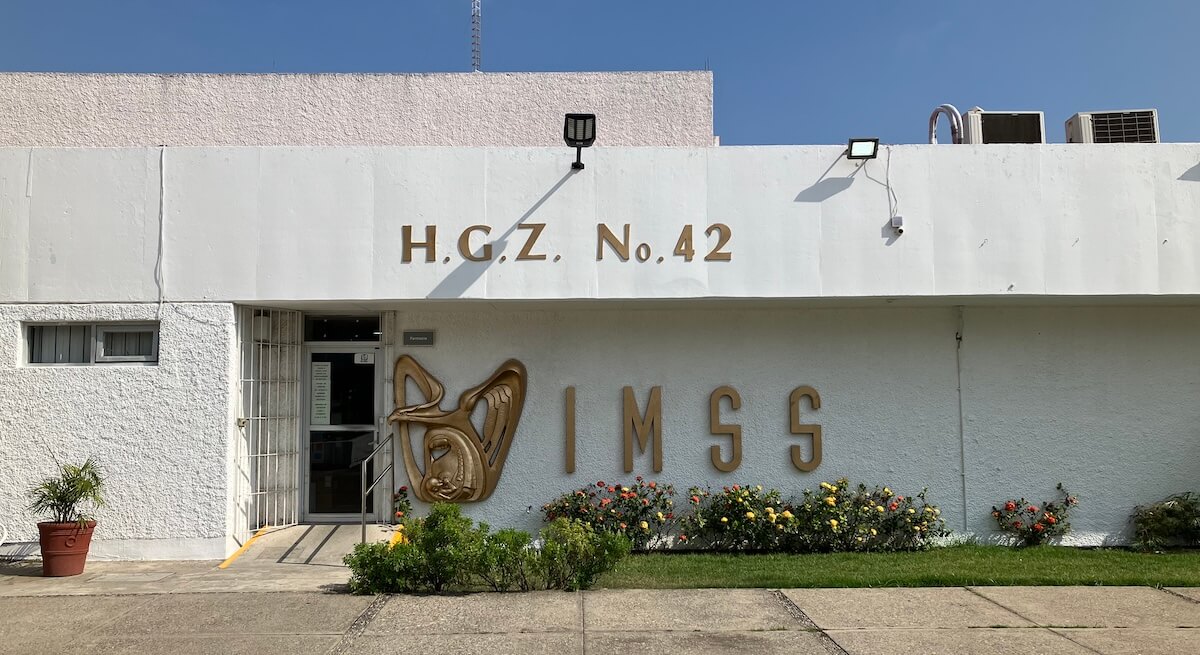
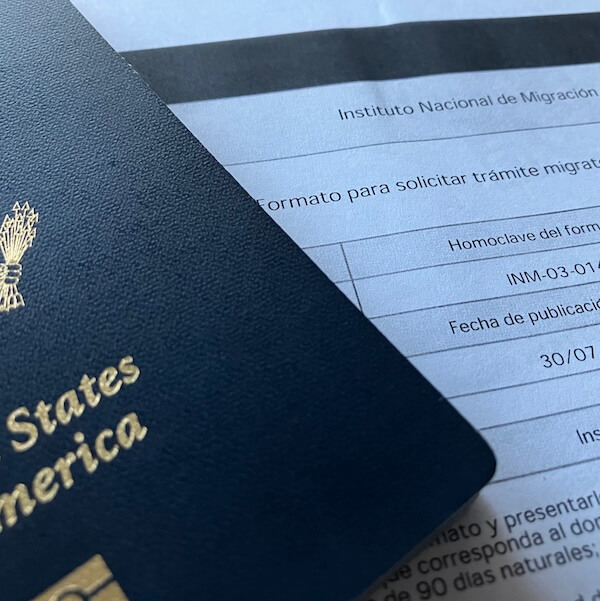

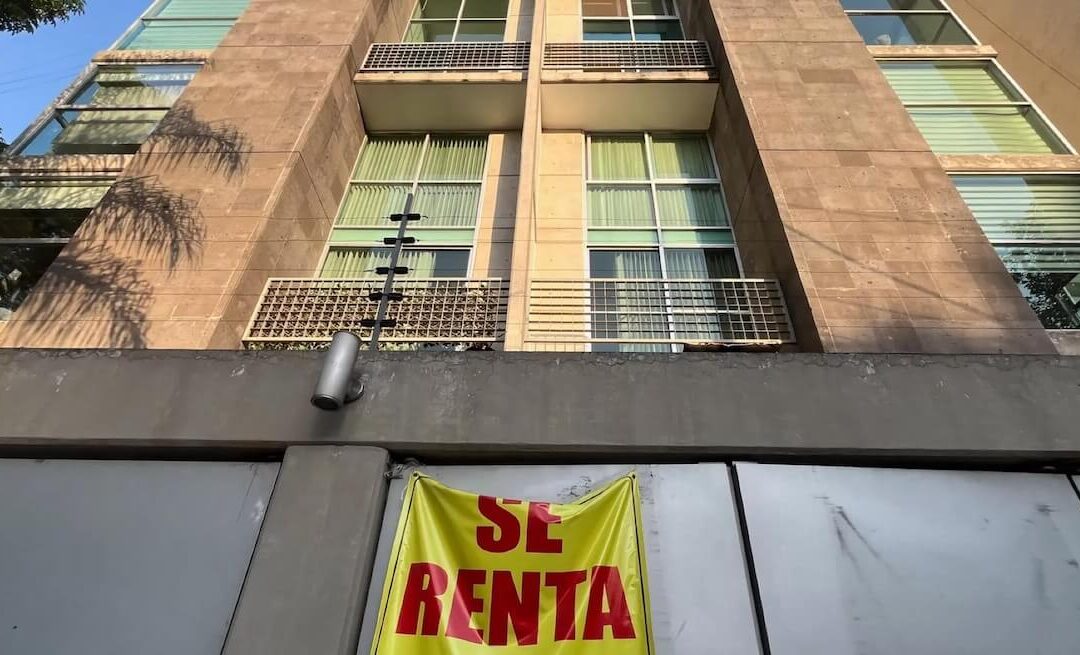
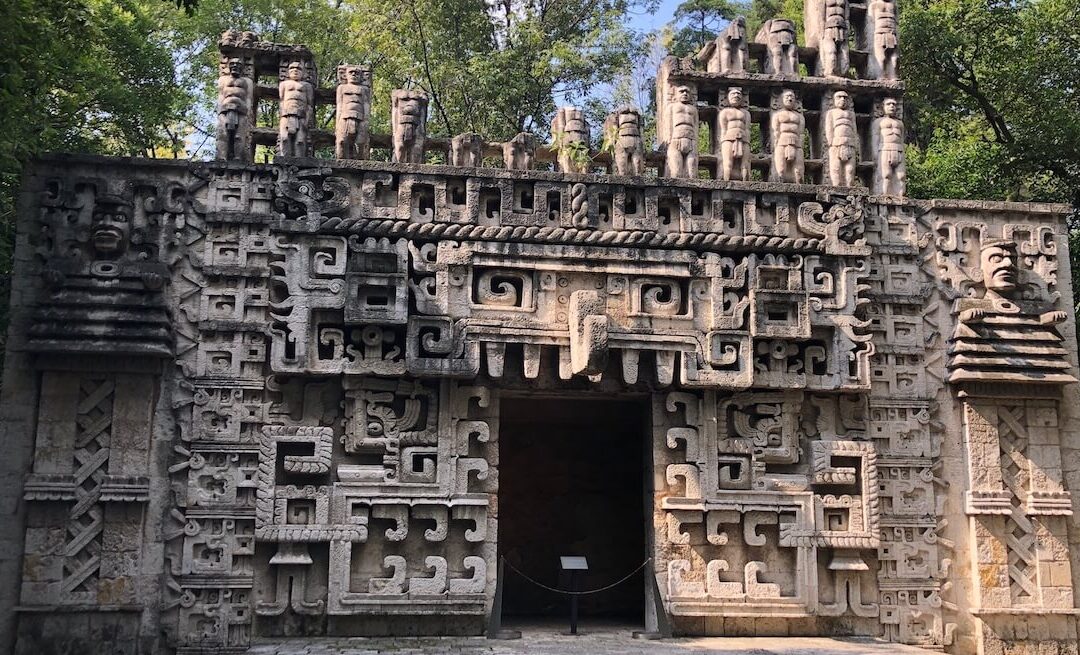
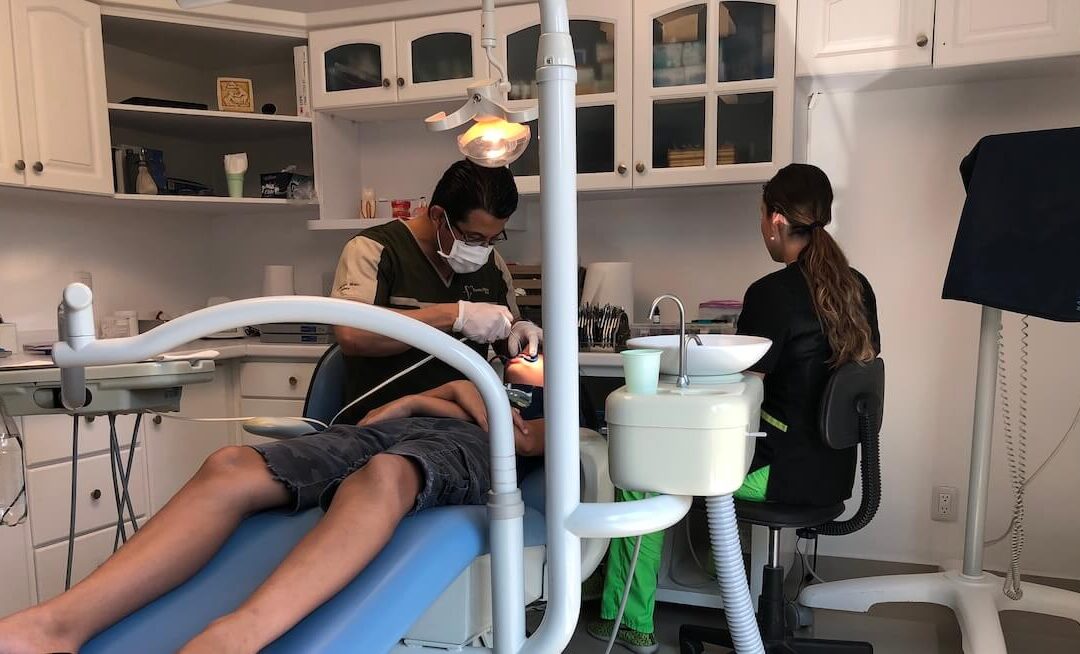
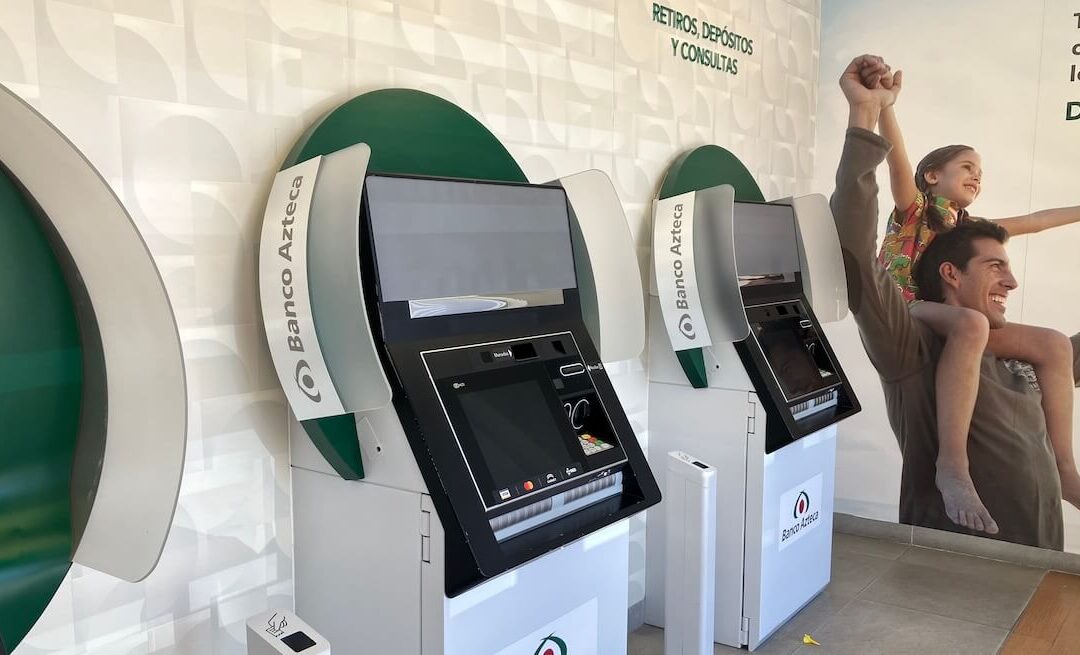

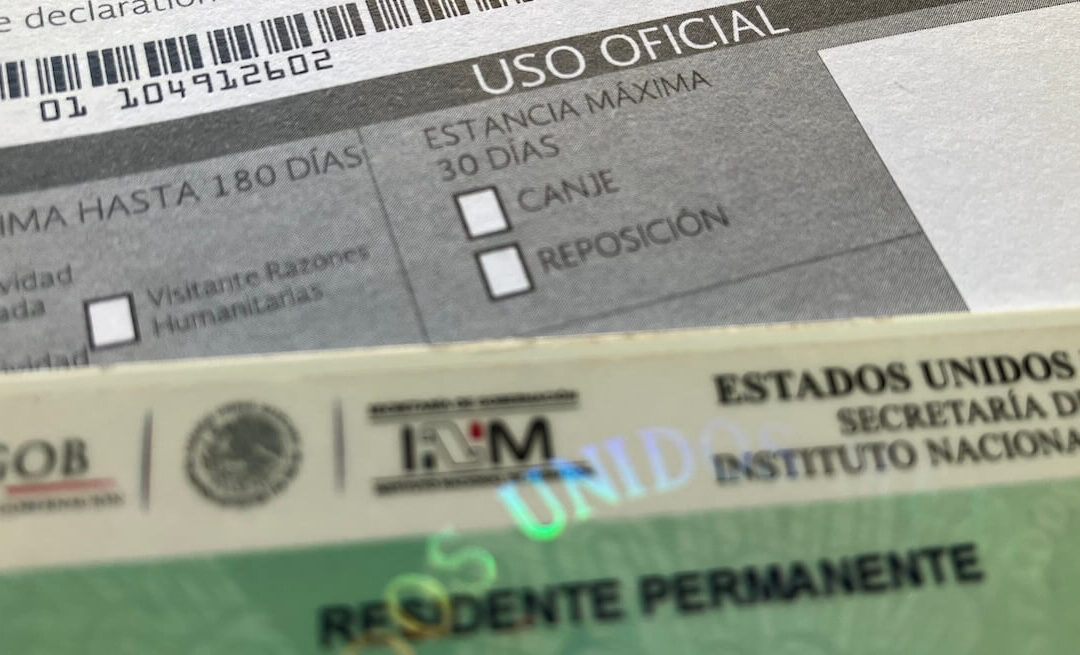
0 Comments